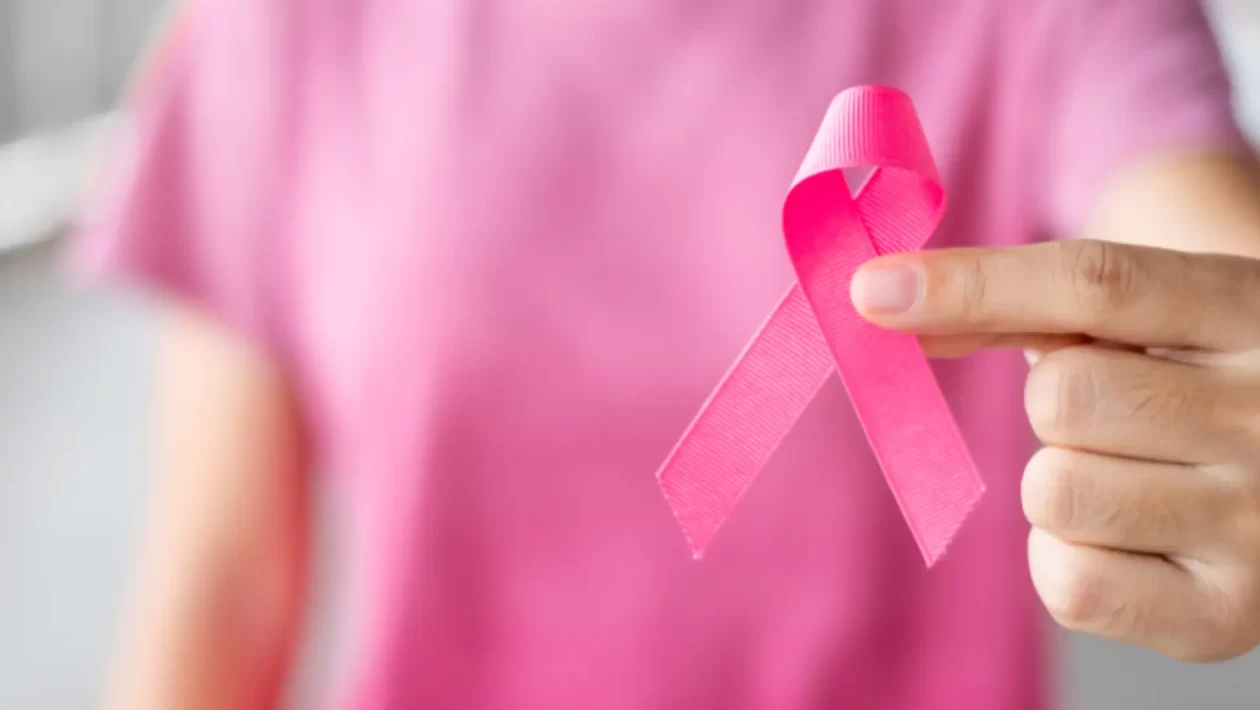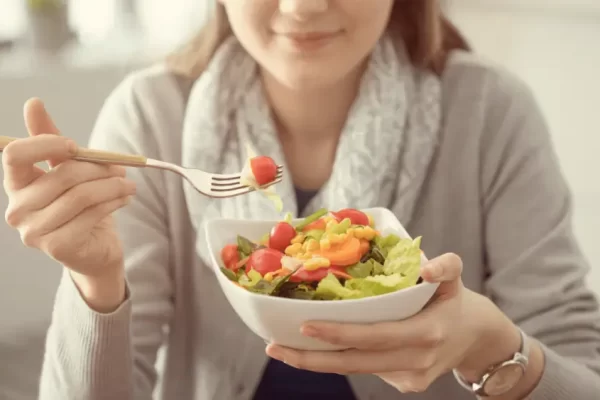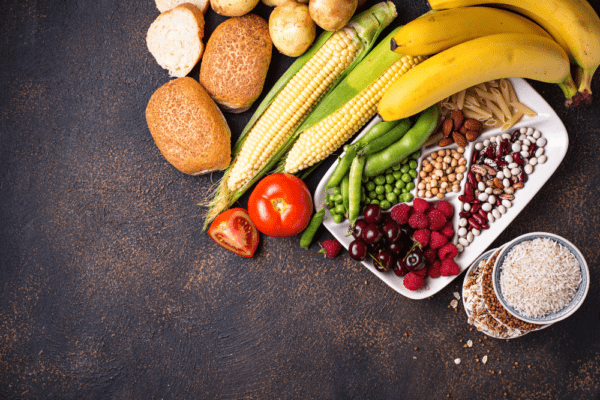World Health Organization (WHO) research anticipates that the number of breast cancer cases will bounce to a shocking figure by the year 2020 and one in every eight women could run the risk of developing the disease. In India, breast cancer has been detected amongst the most common forms of cancer, almost surpassing cases of cervical cancer. Early detection and regular medical checkups are always advised, but at the same time our diet and what we put into our bodies are equally significant to fight malignant cancer cells at the onset.
Some risk factors, such as family history, genetics can’t be controlled. However, there are lifestyle changes individuals can make to lower the risk. Similarly, no food is proven to prevent or cure any type of cancer, including breast cancer. But there exist many foods, bursting with benefits and into your cells that can help you reduce its risk, heal and decrease its recurrence.
According to studies, women who lowered fat in their diets along with eating healthier foods reduced their risk of dying from breast cancer by 21%. Moreover, women on low-fat meal plans/diets also cut their risk of dying from any cause by 15%.
Here, we’ve listed some of the best foods that contain cancer-fighting nutrients
1. Mushrooms
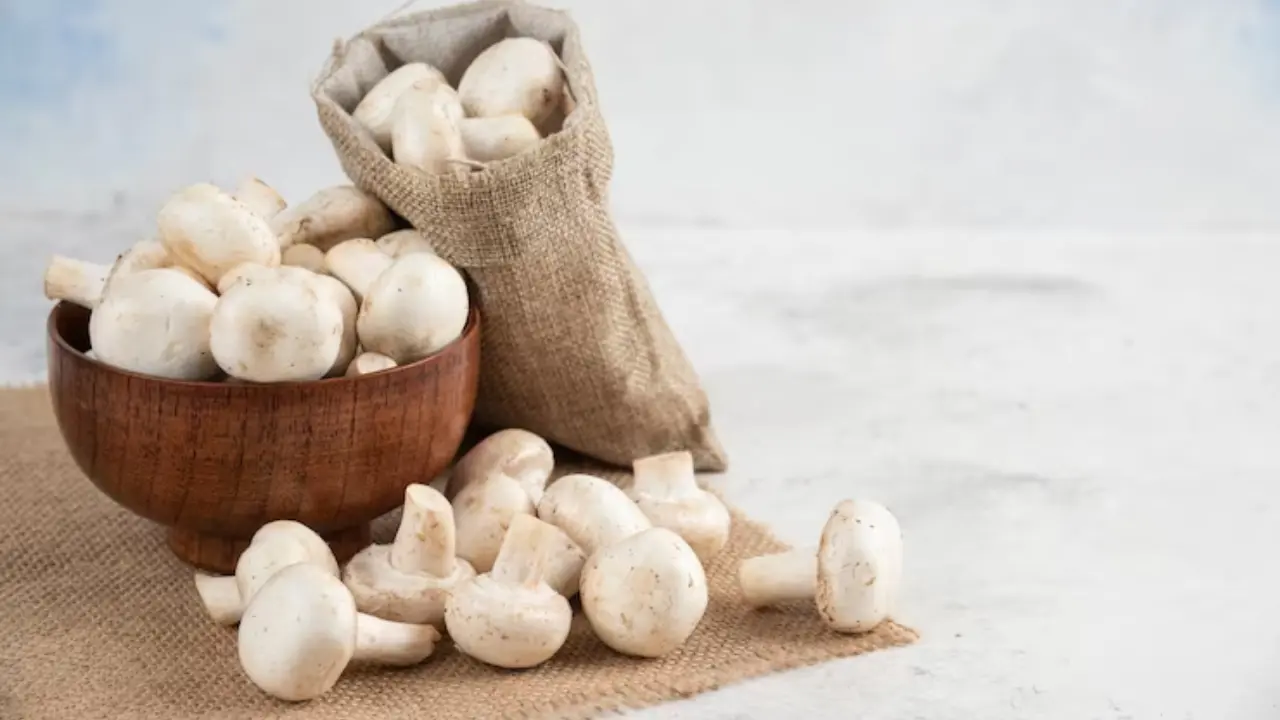
Intake of commonly eaten white button and portobello mushrooms and other mushrooms like cremini, oyster and shiitake is associated with a lower risk of developing breast cancer amongst women as they inhibit an enzyme called aromatase. They contain strong anti-aromatase activity and lectins that recognize cancer cells, preventing them from increasing further.
2. Walnuts
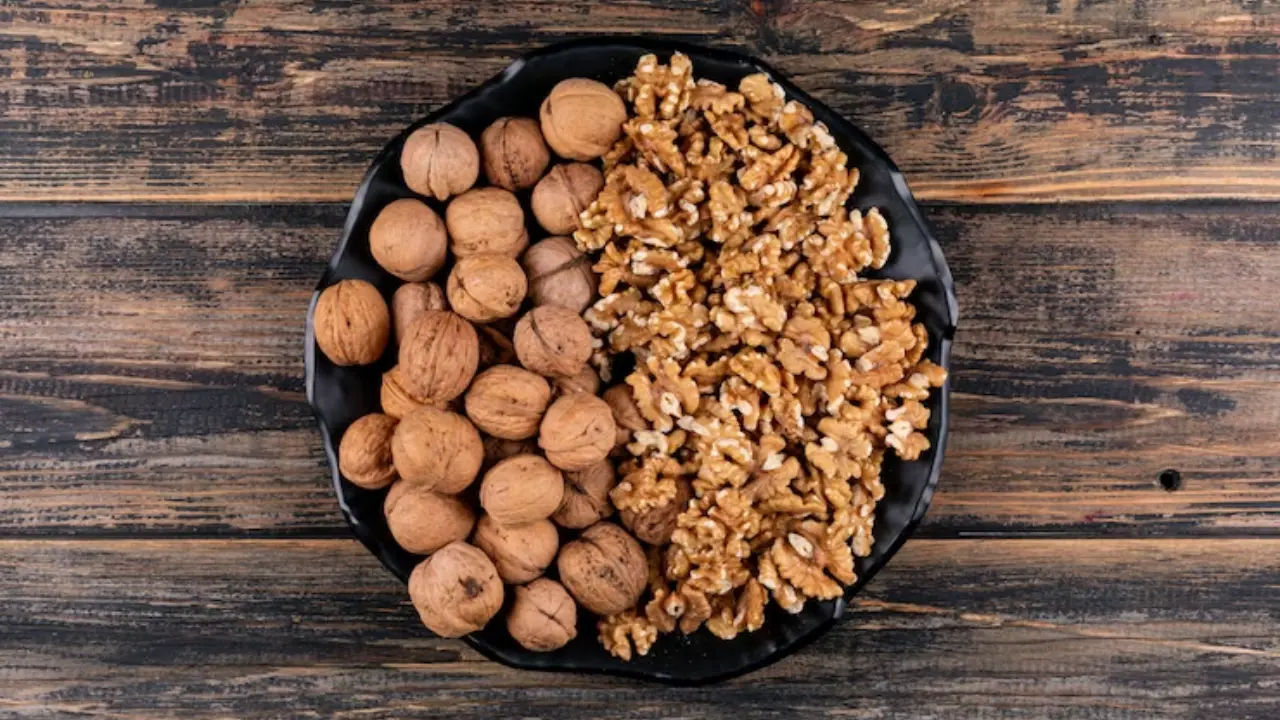
Walnuts have a vitamin called gamma tocopherol that stops the activation of Akt—an enzyme that is essential for cancer cell survival—without harming healthy cells. Snacking on upto 60 g (2 ounces) of these heart-shaped nuts everyday can cut down the rate of growing tumors as per various studies.
3. Sweet Potatoes
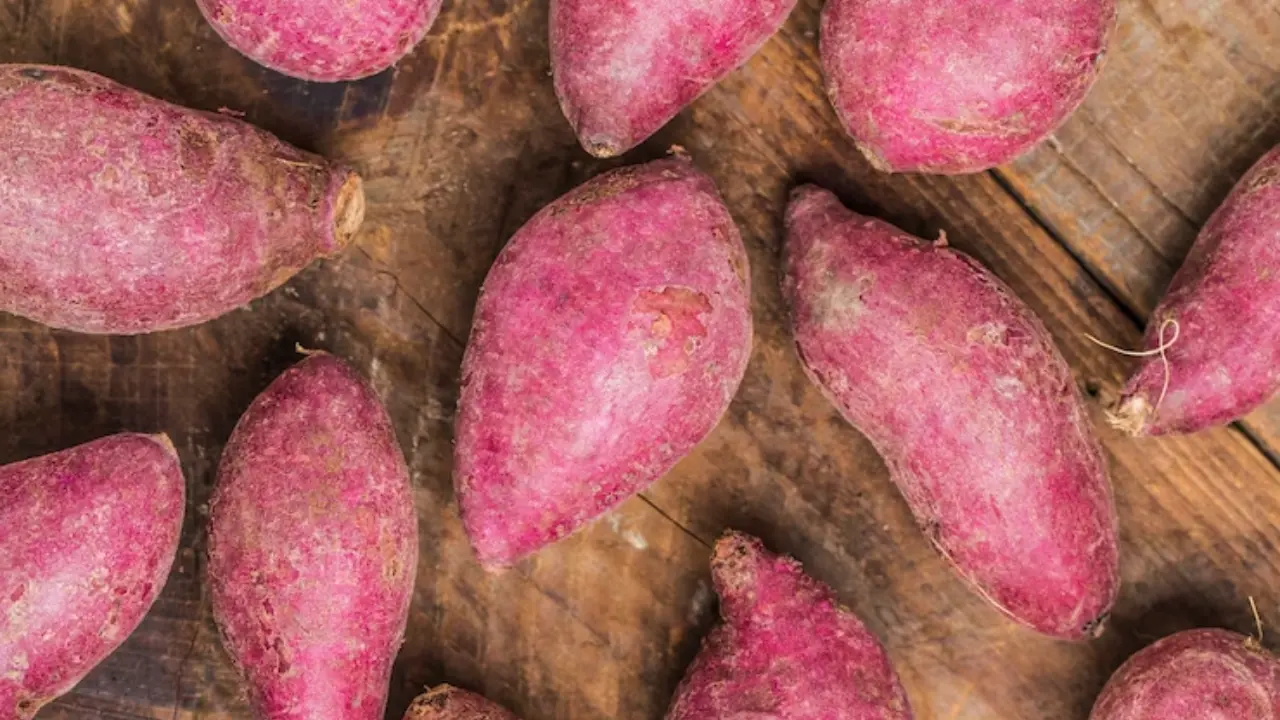
Orange-coloured veggies like tomatoes and sweet potatoes are held up as rich sources of carotenoids which contain compounds that aid regulating cell repair, growth and defense. It is found women who eat sweet potatoes regularly have a 17% lower risk of developing types of breast cancers.
4. Salmon
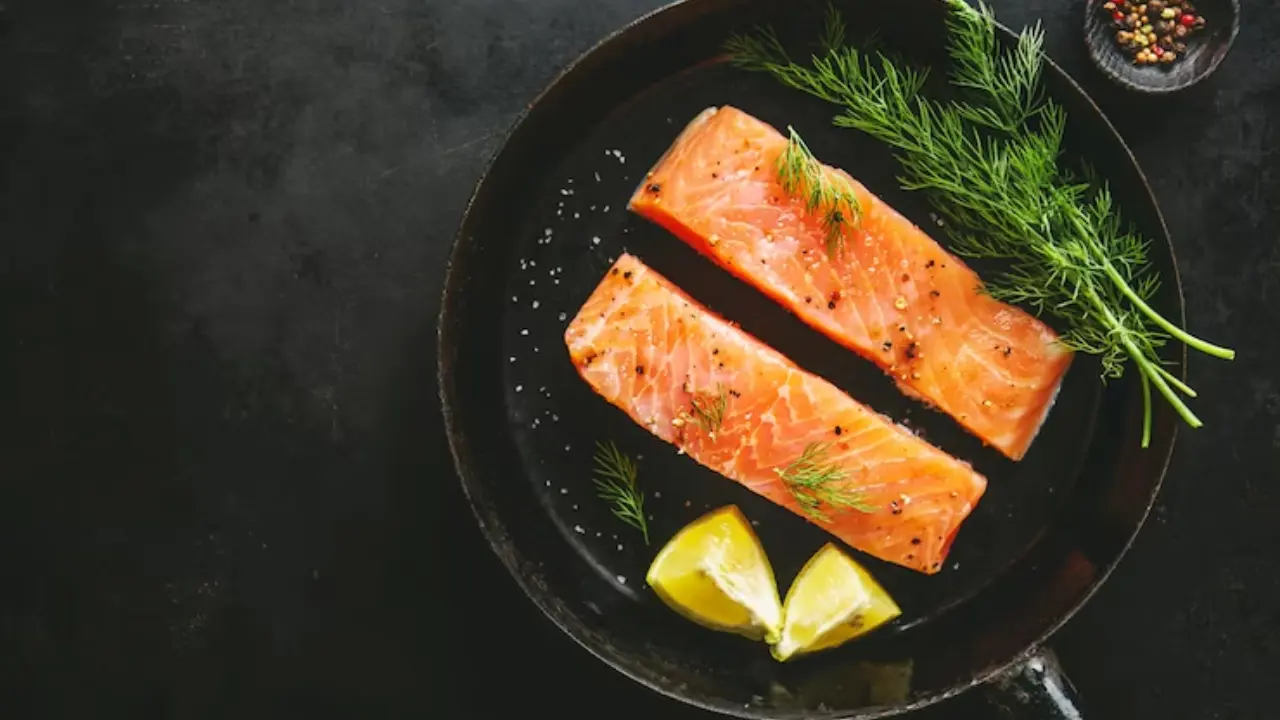
When it comes to eating meats, lean proteins like fish are a supportive addition to a breast cancer prevention plan. They are a great source of omega-3 fatty acids that may kill breast cancer cells. Salmon, also called the “sunshine vitamin” contains vitamin D in large amounts and is linked with a 24% reduction in breast cancer risks.
5. Olive Oil
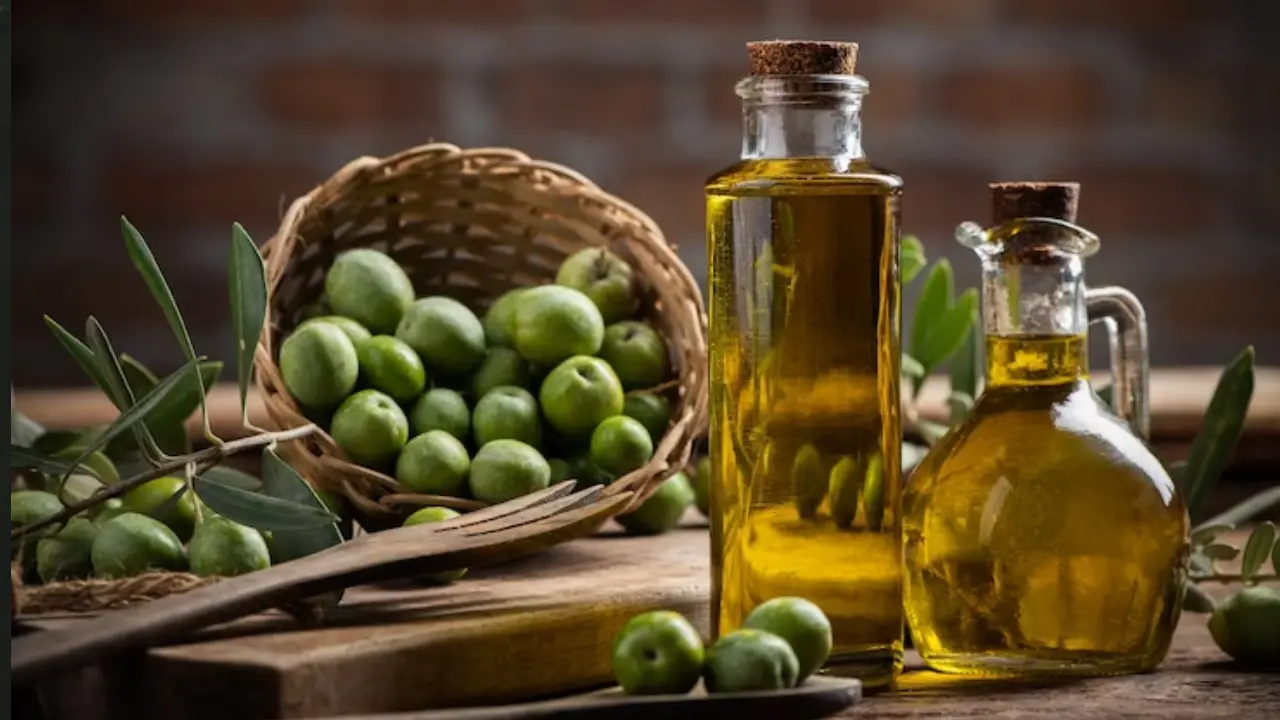
A study speculated that bioactivity of natural antioxidants present in olive oil and other compounds like oleic acid may have curbed the growth of malignant cells. Switching your regular oil for olive oil while cooking or using it as a salad dressing will help retain all its needed benefits.
6. Green Tea
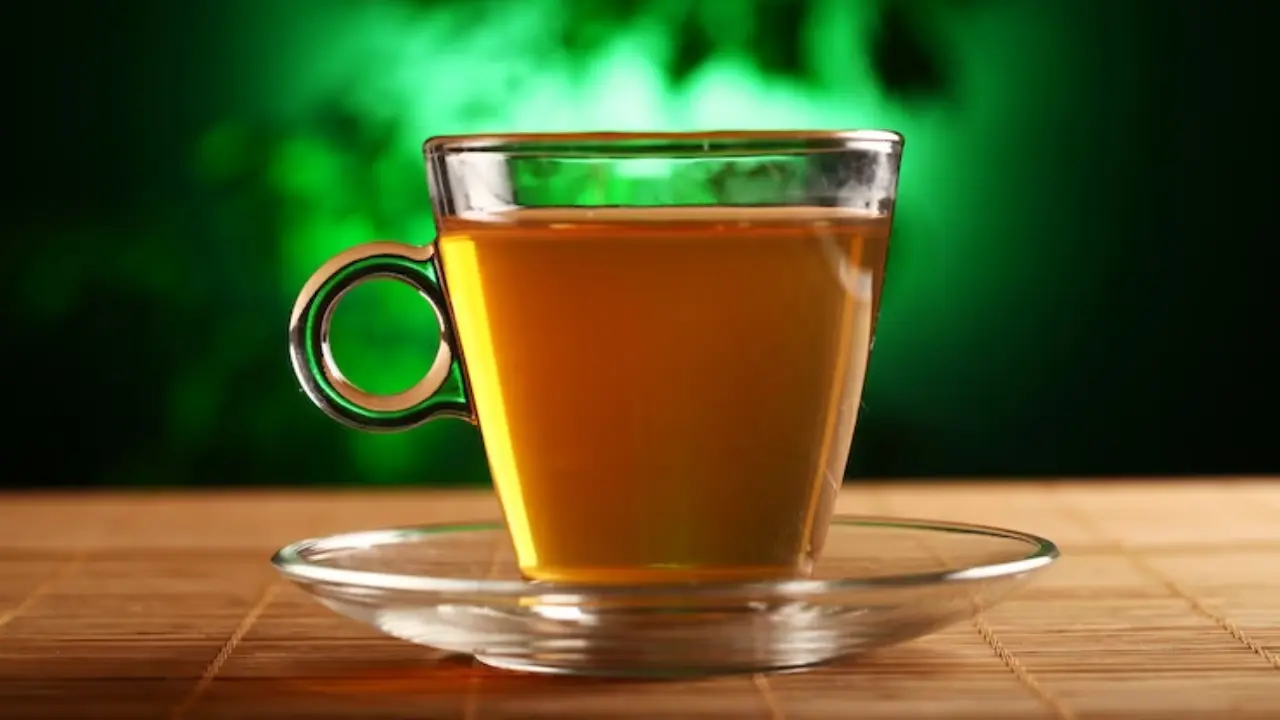
Green tea has many benefits known to man, including anti-breast cancer properties. Regular consumption of a hot cup of green tea can be advantageous in the long haul with its magical properties like polyphenols, and anticarcinogenic effects on the body.
7. Blueberries
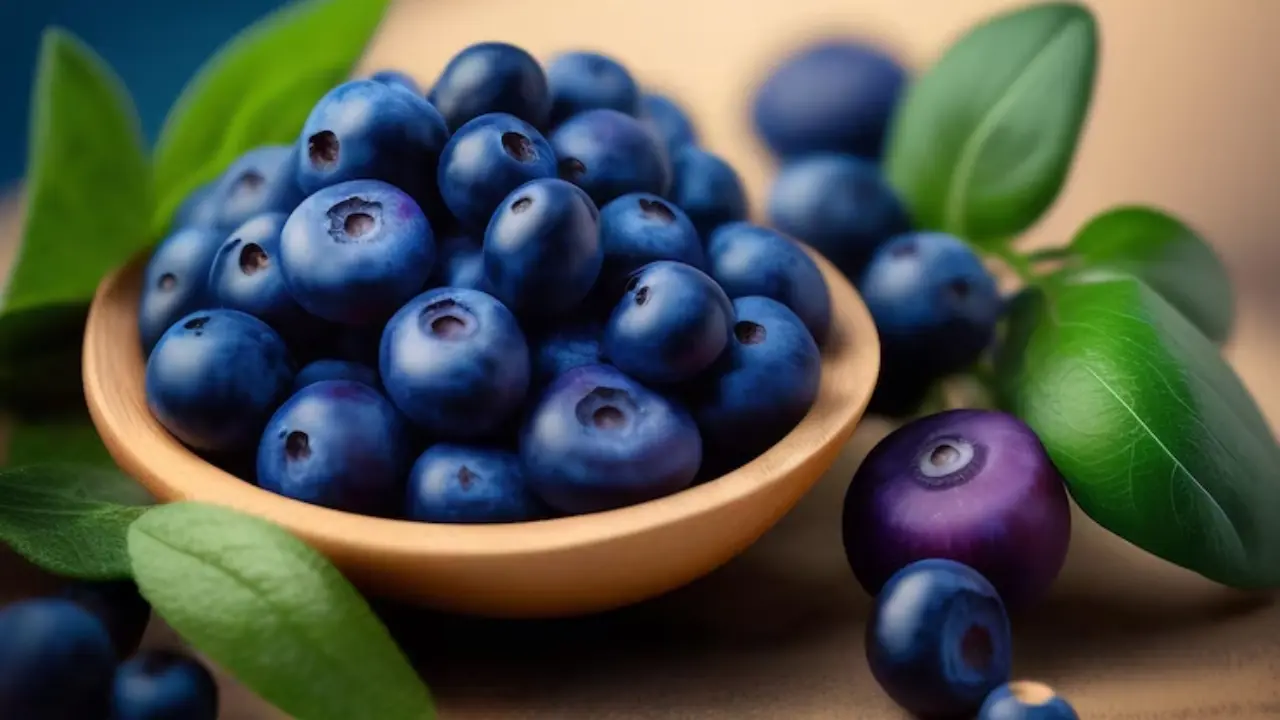
Eating a serving of berries on the regular could aid in breast cancer prevention as they are power-packed with anti-inflammatory and antioxidant compounds. You can add it to anything, from Greek yogurt, smoothies to fruit salad to gain you the respective nutrients you need.
8. Flax Seeds
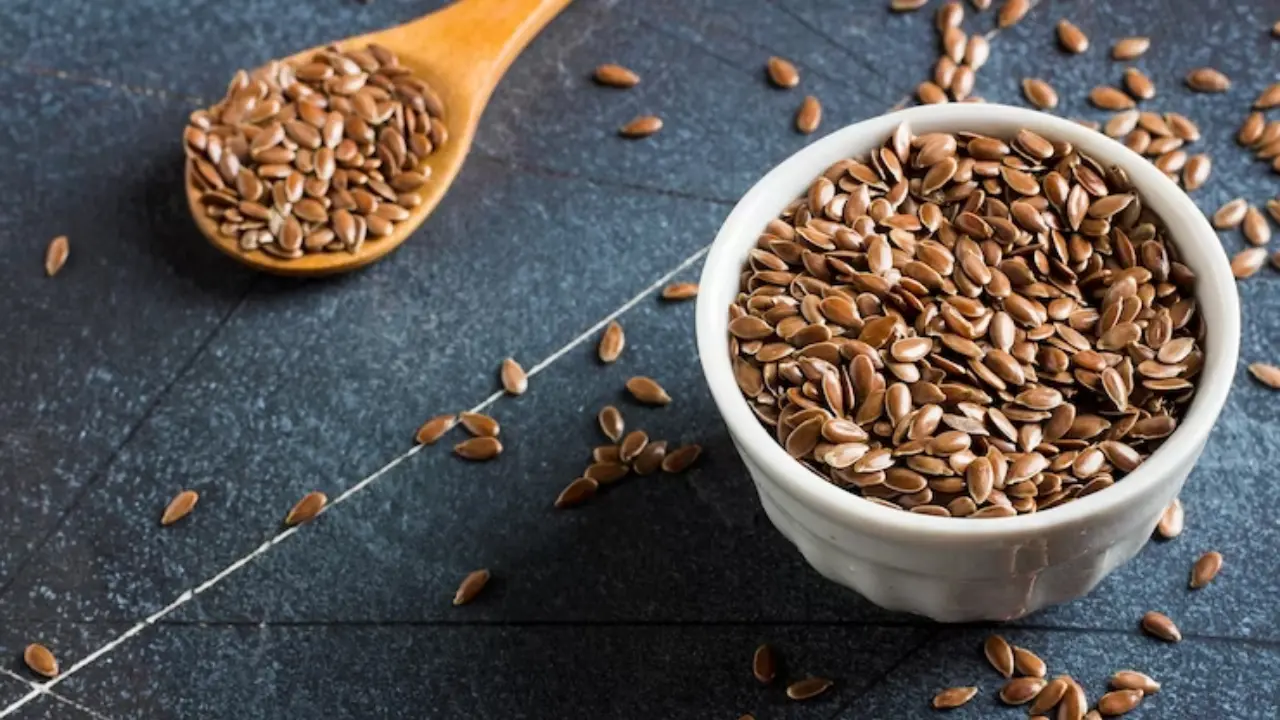
Flaxseeds have been one of the most studies foods and have all kinds of amazing health benefits. Rich in omega-3, fibres and highest source of lignans( a type of antioxidant), flaxseeds are known to reduce breast cancer risk by 20-30%. A small daily serving of it is enough to attain the level of lignans required.
What else you can do?
Start today. Be vigilant about breast cancer detection and screening. Knowing your risk factors, noticing any changes in your breasts, such as a new lump or skin changes, and consulting with your doctor may get you more informed to make better life and health choices.
To Read More Nutrition Blogs.
